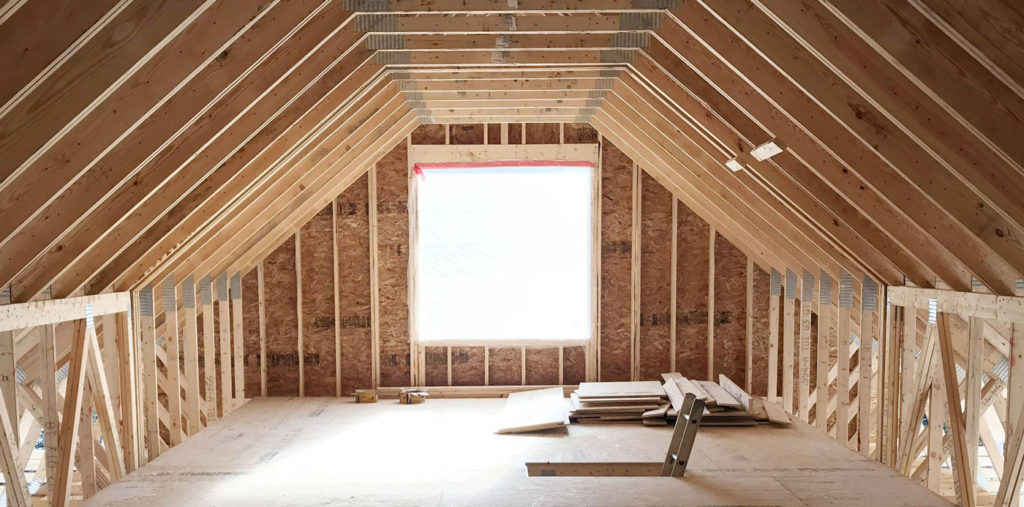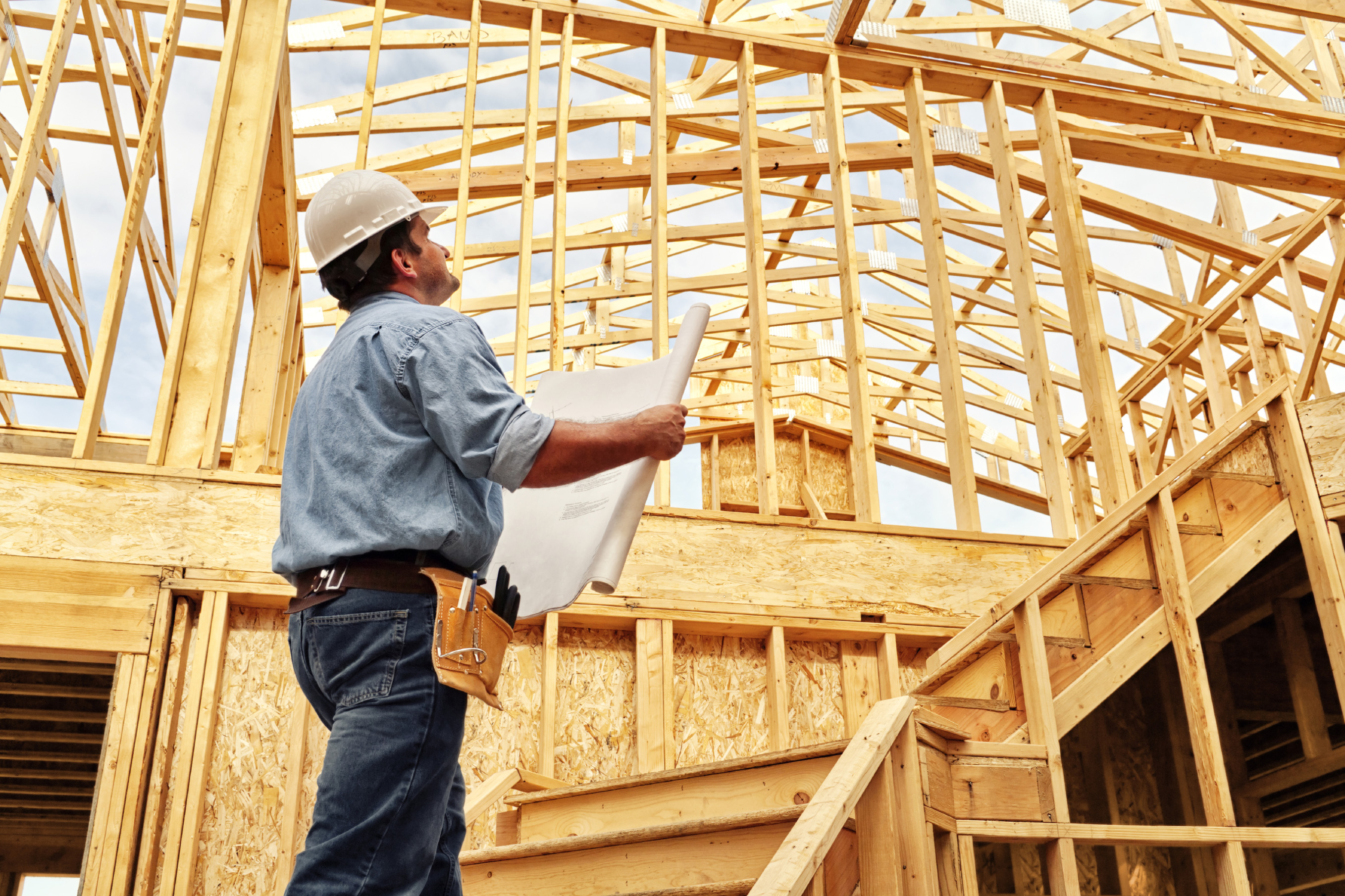When it comes to constructing a roof, choosing the right framework is essential for ensuring durability, structural integrity, and overall efficiency. One popular option that has revolutionised the construction industry is roof trusses. Roof trusses are prefabricated frameworks made of wood or steel that offer numerous advantages over traditional roof construction methods. In this blog, we will explore the advantages of roof trusses and why they have become the preferred choice for modern roofing projects.
Increased Structural Strength
One of the significant advantages of attic roof trusses is their superior structural strength. Trusses are designed using engineering principles to distribute the weight of the roof evenly, reducing the load on the walls and supporting structures. This design results in a sturdier and more reliable roofing system capable of withstanding heavy loads, such as heavy snowfall or windstorms. Additionally, trusses are engineered to minimise sagging and deflection over time, ensuring long-term structural integrity.
Cost and Time Efficiency
Roof trusses offer significant cost and time savings compared to traditional roofing methods. Since trusses are prefabricated off-site according to precise measurements and specifications, they arrive at the construction site ready for installation. This streamlined process reduces labour and material costs, as well as construction time, resulting in overall cost savings. The quick installation also allows for faster project completion, enabling homeowners or builders to move into the structure sooner.
Design Flexibility
Roof trusses provide remarkable design flexibility, allowing architects and homeowners to create unique and aesthetically pleasing roof configurations. The truss design can be customised to accommodate various roof shapes, including gable, hip, gambrel, or even complex designs. With the ability to span large distances without the need for additional support columns, trusses open up possibilities for open floor plans and spacious interior designs.

Versatility and Adaptability
Roof trusses can be used for both residential and commercial buildings, making them a versatile roofing solution. Whether you are constructing a single-family home, a commercial complex, or an industrial warehouse, trusses can be designed to meet your specific requirements. Additionally, trusses are adaptable to various roofing materials, such as asphalt shingles, metal, or tiles, ensuring compatibility with different architectural styles and preferences.
Energy Efficiency
With a growing emphasis on sustainable construction, roof trusses offer excellent energy efficiency benefits. Truss designs can incorporate features like raised-heel trusses or attic trusses, which create additional space for insulation. Adequate insulation helps maintain a consistent indoor temperature, reducing the reliance on heating and cooling systems. This not only contributes to lower energy consumption but also enhances the overall comfort and livability of the building.
Roof trusses have revolutionised the roofing industry, offering numerous advantages that make them a preferred choice for modern construction projects. From their superior structural strength to cost and time efficiency, design flexibility, and energy efficiency benefits, trusses provide a reliable and adaptable solution for various types of buildings. By choosing roof trusses, builders, architects, and homeowners can enjoy a sturdy, durable, and aesthetically pleasing roof while streamlining the construction process. Embracing the advantages of roof trusses ensures a sustainable and long-lasting roofing solution for the future.

